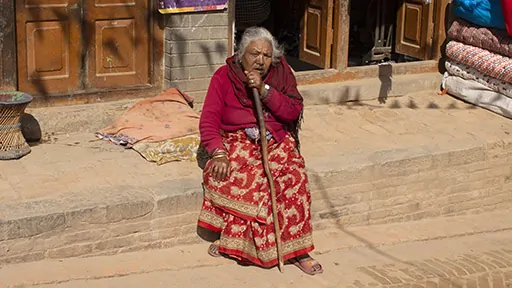Opinion Editorial Archive October, 2020: Could We Start Again?

In May, 1893, the World's Fair was held in Chicago. The telephone had existed for only a few years, and the most promising use of electricity appeared to be for lighting (the high cost made that a novelty for the wealthy). The fair needed a huge (for the time) supply of electricity and, as is often the case with technology, there were competing standards. In the end, Westinghouse Electric and the alternating current standard won the bid to supply that electricity.
By then, it had become clear that electricity would play an important role in people's lives one day. Plans were already in place to further harness the power of Niagara Falls for hydroelectric generation on a much larger scale than existed there. In the same year, the major part of that contract also went to Westinghouse. That sealed the fate of the competing direct current standard and alternating current has been the global standard for long-distance electricity distribution ever since.
In the context of this history, a little-reported news story caught my attention last month. Dunnadi Asthan is a small, remote village in the Indian Himalayan State of Jammu and Kashmir. It has just received electricity.
It should not surprise us that it took over a hundred years for electricity to reach this small village. After all, writing has existed for five thousand years, yet many languages that are spoken today still cannot be written. Most of those are indigenous languages. Umpithamu is not one of them because it shares its fate with 95% of Australia's other indigenous languages — it is no longer spoken, its last speaker having died eight years ago. Even though it is now extinct, just a few days ago the first dictionary in that language was completed. Likewise, many of the places still without electricity are indigenous villages.
The lady in this month's photo may have distant relatives in Dunnadi Asthan, since parts of Nepal (where the photo was taken, in Bhaktapur) were populated by migration from Jammu and Kashmir. In any case, she was born at a time when her small village (which Bhaktapur was at the time) had no electricity.
When I come across people like her in places like this, I sometimes reflect on the changes they must have seen during their life. Even more interesting are the opinions they might hold about the consequences of those changes. Are they likely to look back and ask: 'Could we start again, please?' as Jesus's followers lament in the stage musical, Jesus Christ Superstar?
It's rare that we get to witness the very beginning of the kind of changes about to take place in Dunnadi Asthan. It is mainly populated with ethnic Bakerwals, Gujjars and Paharis. The fact that they have lived peacefully alongside each other for centuries is a reflection of what we see in the paleoanthropological record: Despite incidences of inter-tribal warfare, differing societies have, for the most part, lived together successfully throughout history.
Via electricity, these people are about to learn of the turmoil that their part of the world faces. I was in Jammu and Kashmir, and not far from Dunnadi Asthan, two winters ago. A few days previously, there had been a major terrorist attack amid the ongoing border dispute with Pakistan. It felt like a war zone. Now, the region is seeing a border dispute with China also.
It can be debated whether writing or electricity has had the greater impact on human societies. It is clear that the two technologies combined have changed us forever. Even clearer is that their combination in the form of social media has the potential to divide and create conflict among our differing societies more than anything ever has.
By the time that happens in Dunnadi Asthan, the people there will likely be asking: 'Could we start again, please?' The irony of that number in Superstar is that Jesus's followers (who had neither writing nor electricity) are unaware, as they sing it, that it is too late to start again. We don't have that excuse.
The 'Climate Clock' in New York City told us last week that we have seven years to start again. Perhaps a coincidence, the day after that clock was taken down, the Leaders' Pledge for Nature was launched with the aim of reversing biodiversity loss in the next ten years. There have been similar, but failed, initiatives before. So far only a third of the world's countries have signed the pledge — with the usual suspects absent. Tellingly, only one indigenous peoples' organization formally supports the pledge at the time of writing. Yet it may truly be our last chance to start again.
If you enjoyed reading this month's opinion editorial, please consider supporting independent, advertising-free journalism by buying us a coffee to help us cover the cost of hosting our web site. Please click on the link or scan the QR code. Thanks!

